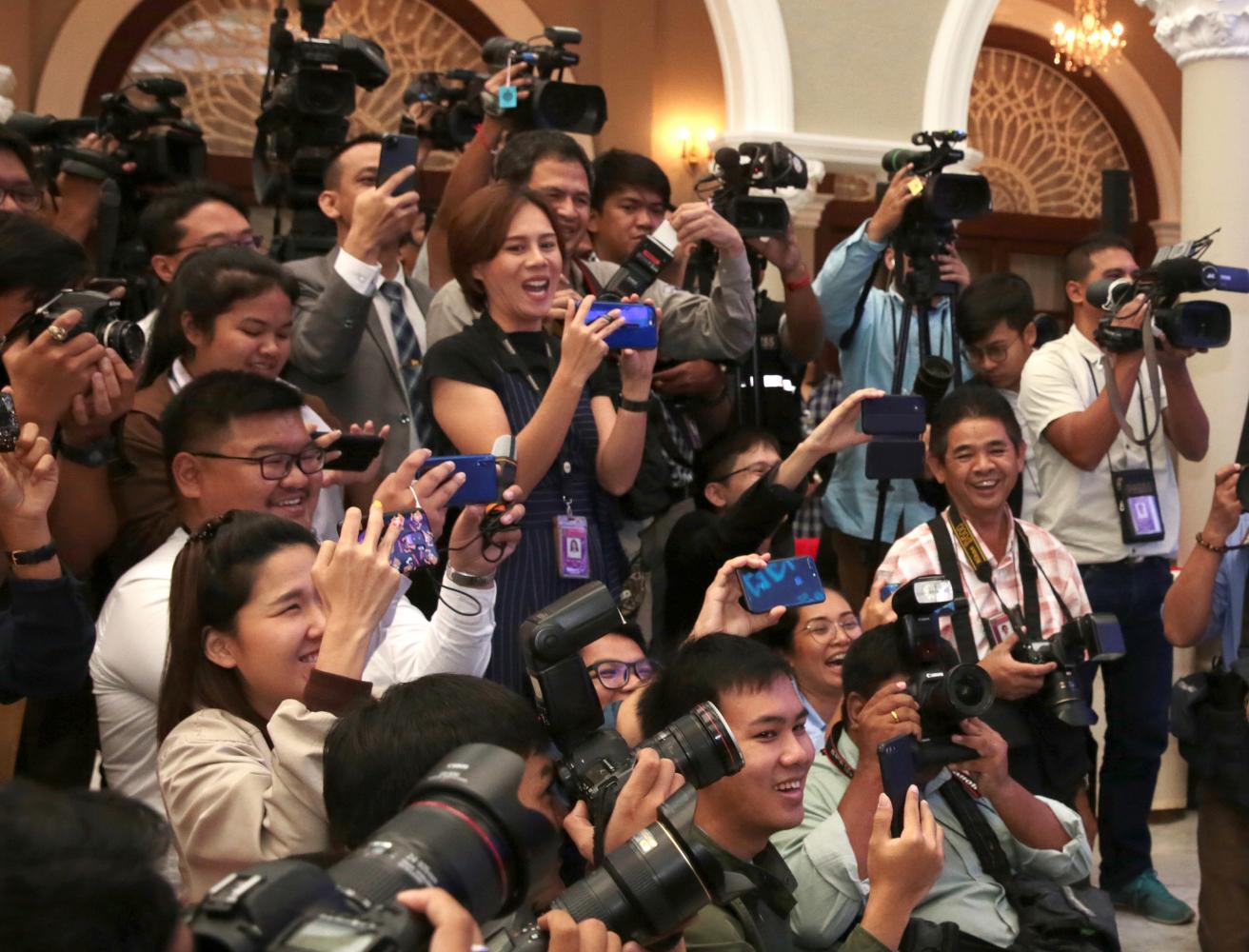
Businesses with antiquated practices harking back to the previous century have to work harder to catch up with fast-changing digital technology, experts say.
They might become "extinct" if they fail to abandon their dated working mindset to catch up with trends, according to media and technology experts.
The warning, raised by Suchatvee Suwansawat, president of King Mongkut's Institute of Technology Ladkrabang, is another wake-up call for companies who have survived into 2020 despite the odds, though the warning comes a bit too late for several digital TV operators who have gone under.
They were squeezed out of a once profitable industry by online content producers who have snatched a greater share of ad earnings amid the rise of the mobile internet. Last year they shut their stations down permanently.
Even giant Channel 3, whose broadcasts always achieve high ratings, bowed to tough competition by terminating two of its three digital channels.
"In fact, we don't know who are our real rivals," Mr Suchatvee said when considering its competitors in both its online and offline businesses.
Comparing the disruptions and uncertainties in the digital age with the damage and pressure of World War II and the Cold War, the geotechnical engineer said that the present was potentially scarier as the impacts on future generations are as yet unimaginable.
Businesses and customers alike do not know what will happen next, Mr Suchatvee said.
Search engine titan Google, and e-commerce heavyweights like Amazon and Alibaba, have gained the upper hand in technology-driven businesses, and artificial intelligence (AI) may be a game-changer, he said.
New York-based JPMorgan Chase & Co is devising a plan to cut staff and let AI and its peripheral computer networks devise the firm's financial solutions.
"AI is shaking up human careers with its precision and impartiality," Mr Suchatvee said.
Executives at BEC World, operator of Channel 3, have urged employees to adjust their routines to better suit audiences.
The company says it wants staff to develop new habits so they can "work faster and produce content on TV and other online platforms".
Nevertheless, research by Thammasat Institute of Area Studies surveyed 10,000 householders countrywide and found nearly 86% of them still enjoy watching TV.
Researchers also found audiences tend not to be media brand loyalists but will spend time on whatever content they like. News agencies are aware of the power of content to attract viewers but some, identified only as mainstream media, have gone in the wrong direction, media experts say.
They produce "sensational and even exaggerated stories" to better compete with online media, but this has led to fresh concern over fake news, media observers say.
In response, the Digital Economy and Society Ministry has to set up the first-ever anti-fake news centre to warn people against false information.
So, the media is required to come up with new strategies to survive or else lay-offs may be inevitable, according to observers.
Last year, BEC World was forced to release some employees following its decision to run only one TV channel. The only mitigation it could offer those who lost their jobs was slightly better compensation than that stipulated by labour law.
It is estimated that last year, over 1,000 jobs were lost in media as a result of digital disruption.